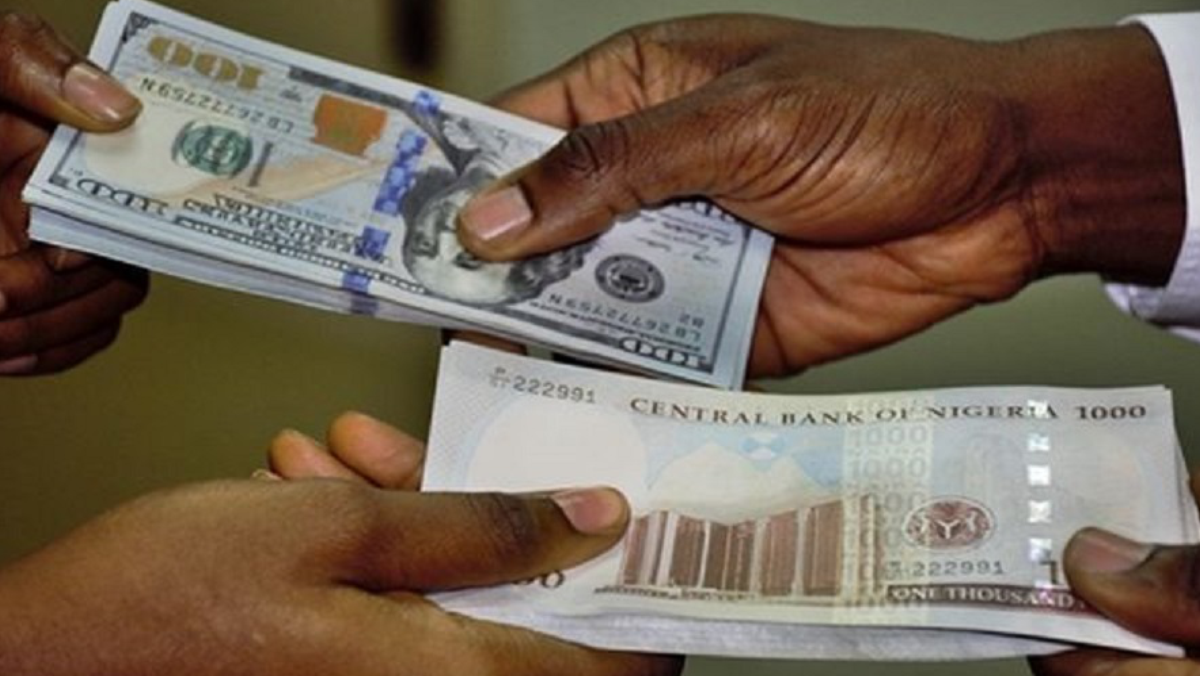As the Nigerian Naira appreciates significantly against the US dollar, moving from nearly N2,000 to N1,300, stakeholders including farmers and Civil Society Organizations (CSOs) express confusion over the unchanging high costs of food. Despite this financial improvement, the anticipated positive impact on food production and prices remains unseen, raising concerns among the populace.
Challenges Highlighted by Farming and Civil Societies
The All Farmers Association of Nigeria (AFAN) remains optimistic, with its President, Ibrahim Kabir, stating that a stronger Naira should theoretically increase purchasing power and reduce food prices, essential for food security. However, Kabir emphasizes the need for a supportive governmental framework, particularly in making energy more accessible and affordable to maintain Naira's value and positively affect food production.
Conversely, the President of the Potato Farmers Association of Nigeria (POFAN), Chief Daniel Okafor, argues that the recent Naira appreciation has yet to influence food prices, as current market supplies were produced under previous higher costs. Okafor also points out that factors such as insecurity and the high cost of labor have historically played more substantial roles in food pricing than currency fluctuations.
Insights from Agribusiness Experts
Engr. Daniel Ijeh, CEO of EA Daniels Farm, suggests that Naira appreciation could potentially lower the prices of agricultural inputs and stabilize them if sustained, which could lead to increased food production and lower consumer prices. However, he notes that improvements in agricultural expertise and finance are crucial for realizing these benefits.
ActionAid Nigeria's Country Director, Andrew Mamedu, echoes these sentiments. He acknowledges the Naira's recent recovery but cautions that a significant reduction in food costs would require addressing other pressing issues such as insecurity and inflation. He urges the government to take robust actions to sustain the Naira's strength and adopt measures to boost food production.
The Road Ahead
Stakeholders across the board agree that while the Naira's appreciation is a positive development, its impact on food production and prices is limited without comprehensive strategies addressing the broader challenges facing agriculture in Nigeria. The government's role in creating a conducive environment for farming, addressing security issues, and ensuring affordable agricultural inputs remains critical for translating currency strength into food affordability for Nigerians.




0 Comments